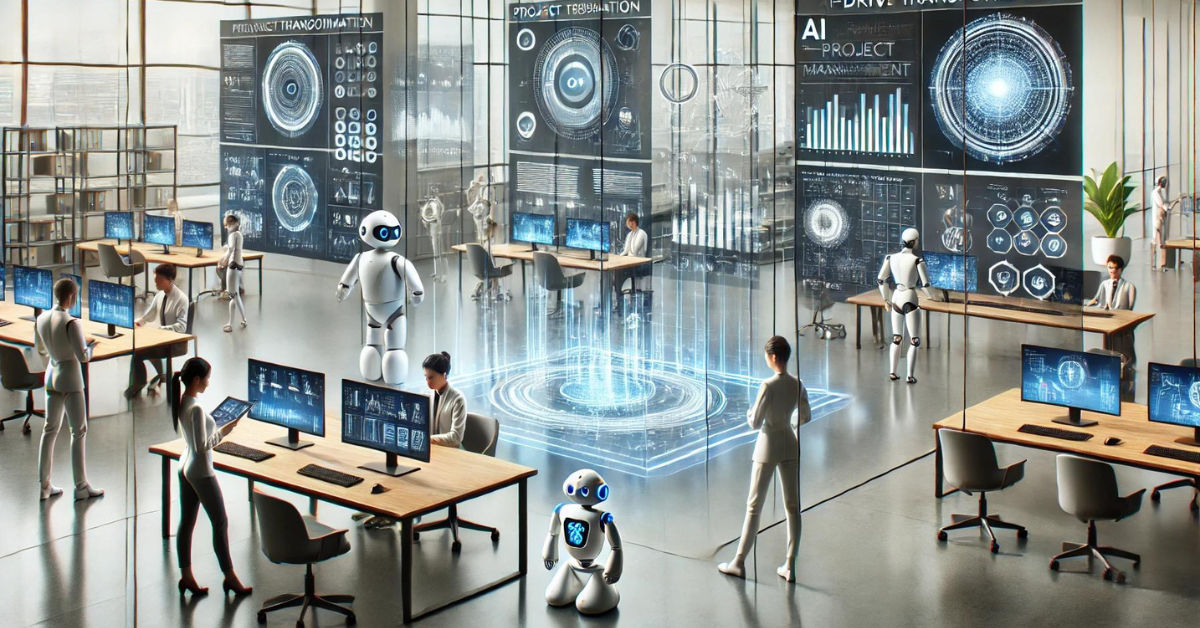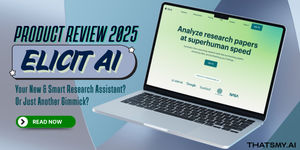Artificial intelligence (AI) is revolutionizing project management through three key transformations. First, AI-driven predictive analytics enhances planning and scheduling by analyzing historical data to predict outcomes, mitigate risks, and optimize resource allocation, thereby improving decision-making and reducing project delays. Second, AI integrates seamlessly with agile methodologies, enabling real-time monitoring, strategic adjustments, and enhanced team collaboration to meet evolving project requirements swiftly. Third, AI reshapes the role of project managers by automating routine tasks, allowing them to focus on strategic leadership, soft skills development, and leveraging AI tools for optimized project outcomes. This evolution underscores the importance of mastering AI technologies alongside traditional managerial skills to navigate the complexities of modern project environments effectively. As AI continues to advance, its transformative impact on project management promises to streamline operations, foster innovation, and drive organizational success in an increasingly dynamic business landscape.

In the rapidly evolving landscape of project management, artificial intelligence (AI) is making significant strides. As project managers increasingly adopt AI, the industry witnesses transformative changes that enhance efficiency, predictability, and adaptability. This article explores three powerful AI-driven transformations reshaping project management.
Predictive analytics, powered by AI, has revolutionized project planning and scheduling. By analyzing historical data, AI algorithms can predict project outcomes, identify potential risks, and optimize resource allocation. This proactive approach allows project managers to foresee and mitigate issues before they arise, ensuring smoother project execution.
Enhanced Decision-Making: AI-driven insights provide a solid foundation for making informed decisions.
Improved Resource Allocation: Optimizing resources based on predictive data minimizes waste and maximizes efficiency.
Risk Management: Identifying potential pitfalls early helps in developing contingency plans, reducing project delays.
AI and agile methodologies complement each other, promoting flexibility and continuous improvement. AI tools provide real-time data and insights, enabling project managers to adapt strategies dynamically. This adaptability is crucial in today’s fast-paced environment where project requirements can change rapidly.
Real-Time Monitoring: AI offers real-time tracking of project progress, allowing for immediate adjustments.
Strategic Corrections: Continuous analysis helps in refining processes at every stage of the project.
Enhanced Collaboration: AI facilitates better communication and coordination among team members, fostering a collaborative work environment.
The integration of AI in project management is reshaping the roles and skills required for project managers. While AI automates many administrative tasks, project managers now focus more on strategic thinking, leadership, and leveraging AI tools to enhance project outcomes.
Strategic Focus: Project managers can dedicate more time to strategic planning and execution.
Skill Development: Emphasis on developing soft skills, such as leadership and communication, becomes essential.
Digital Proficiency: Mastering AI tools and technologies is crucial for staying relevant in the industry.
AI-driven transformations in project management are not just enhancing efficiency but also redefining the role of project managers. By leveraging predictive analytics, embracing agile methodologies, and evolving skill sets, project managers can navigate the complexities of modern projects with greater ease and precision. As AI continues to advance, its impact on project management will only grow, making it an indispensable tool for future success.
Sign up to gain AI-driven insights and tools that set you apart from the crowd. Become the leader you’re meant to be.
Start My AI Journey
ThatsMyAI
20 March 2025

ThatsMyAI
7 March 2025